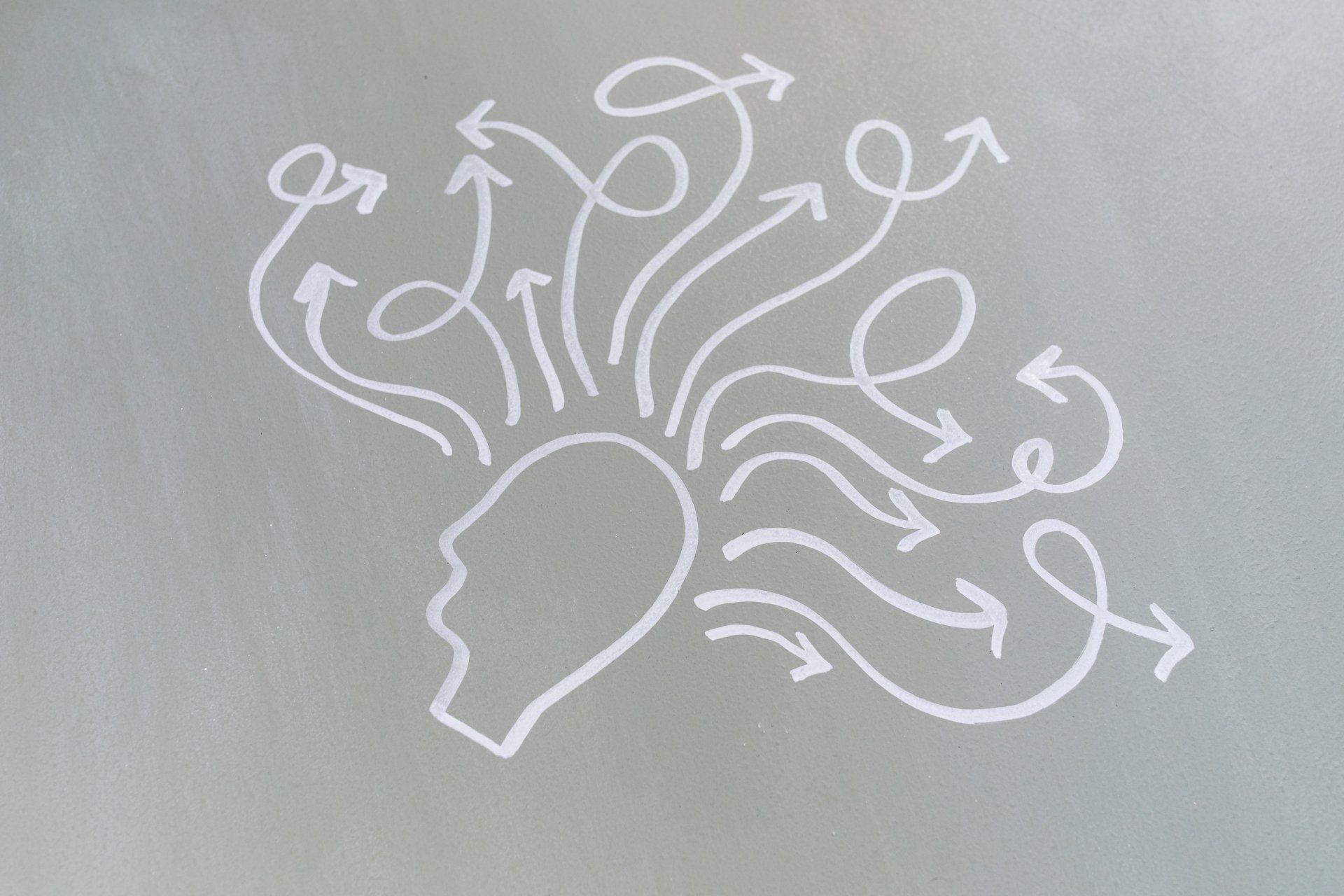Social Media Stress May Lead to Social Media Addiction
Social Media and Technostress
According to We Are Social and Hootsuite, there are 3.48 billion active social media users worldwide. For context, that is 45% of the world’s population and it is only increasing. It is common for social networking sites (SNS) such as Instagram and Facebook to cause stress in users. The term ‘technostress’ was coined in 1984 by the American psychologist Craig
Brod as “a modern disease of adaptation caused by [the] inability to cope with new computer technologies in a healthy manner.”
The logical decision when faced with technostress would be to log off from your social media accounts, but many people simply move from one aspect of the social media platform to another. Essentially, users are escaping the cause of their stress without leaving the medium where it originated. There are 444 Facebook users who admit to switching between activities, such as scanning their news feed, messaging their friends, and posting updates when one activity begins to cause stress.
It was found that switching between different activities within the same social media platform was a method to distract themselves from the stress. Since SNS offer several different features, they can act as both a stressor and a distraction. If various elements are used over and over again, one may form a compulsive and excessive behaviour that can result to a technology addiction.
Coping with Technostress
The research team at Lancaster University looked at various different forms of technostress caused by using social media:
- Invasion of personal life
- Adapting SNS use to adhere to their friends’ behaviour
- Experiencing excessive social demands and information
- Facing constant changes and updates to the SNS platform
After studying these forms of technostress, researchers came up with two coping mechanisms:
- Taking part in other activities away from social media (logging off, spending less time on social media platforms, and talking to friends/family about issues they’ve been experiencing)
- Engaging in different activities within the same SNS app (moving towards SNS addiction)
The second method was more relevant to social media users who used the sites or apps more regularly. Since they are so familiar with SNS, they require less effort to find another aspect and/or feature of the platform.
There are several features within SNS—such as games, chat, and images—that act as different worlds within the same social media platform that provokes users to stay on the SNS, despite it causing them stress.
Sven Laumer, a professor, stated, “The stronger the user’s SNS habit, the higher the likelihood they would keep using it as a means of diversion as a coping behaviour in response to stressors, and possibly develop [an] addiction to the SNS.” The obvious solution would be to log off and engage in other types of activities, such as reading, writing, and exercise. However, this naturally becomes more difficult once a social media user forms an addiction.
References
Chiappetta, Marta. (2017). The Technostress: definition, symptoms and risk prevention. 4.
10.14616/sands-2017-1-358361.
EurekAlert. (n.d.). Social media stress can lead to social media addiction. Retrieved from
https://www.eurekalert.org/pub_releases/2019-08/lu-sms082719.php
(2019, January 30). Digital 2019: Global Internet Use Accelerates. Retrieved from
https://wearesocial.com/blog/2019/01/digital-2019-global-internet-use-accelerates











